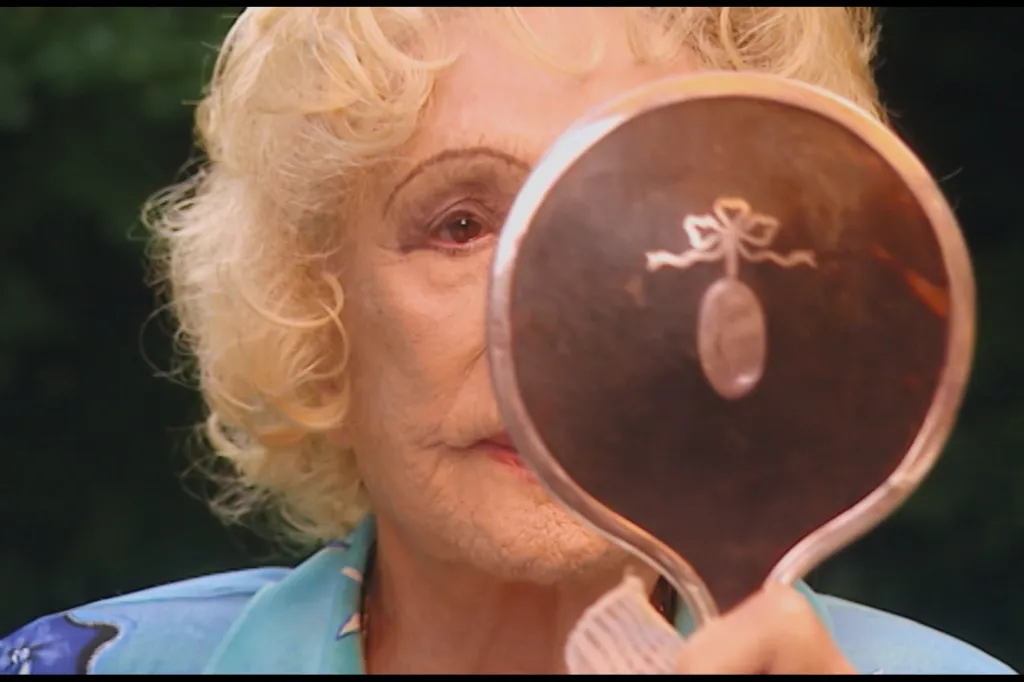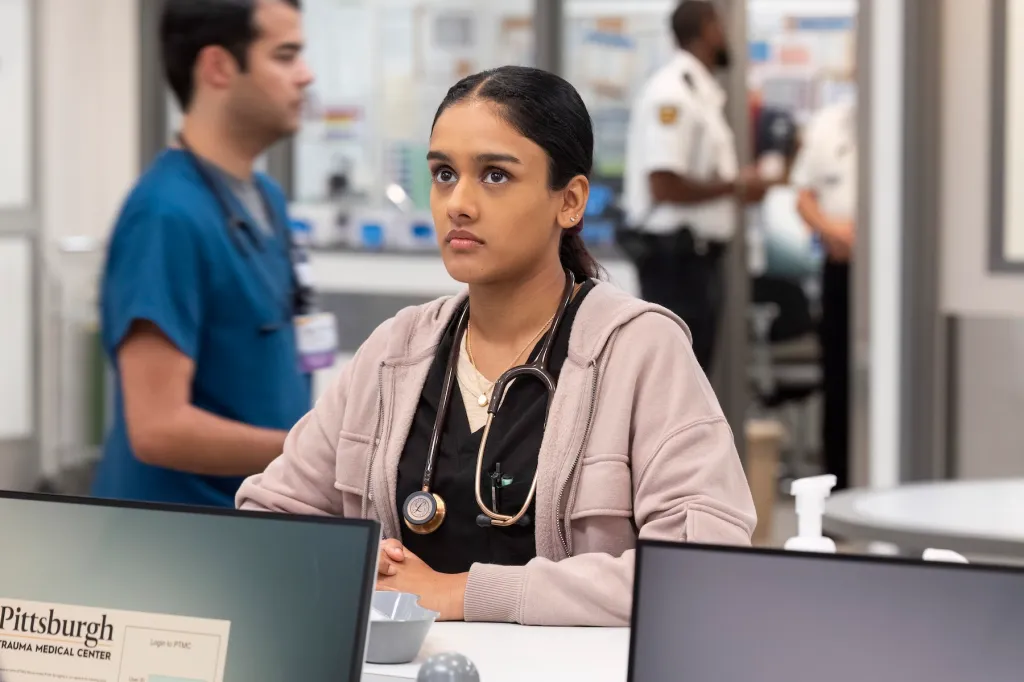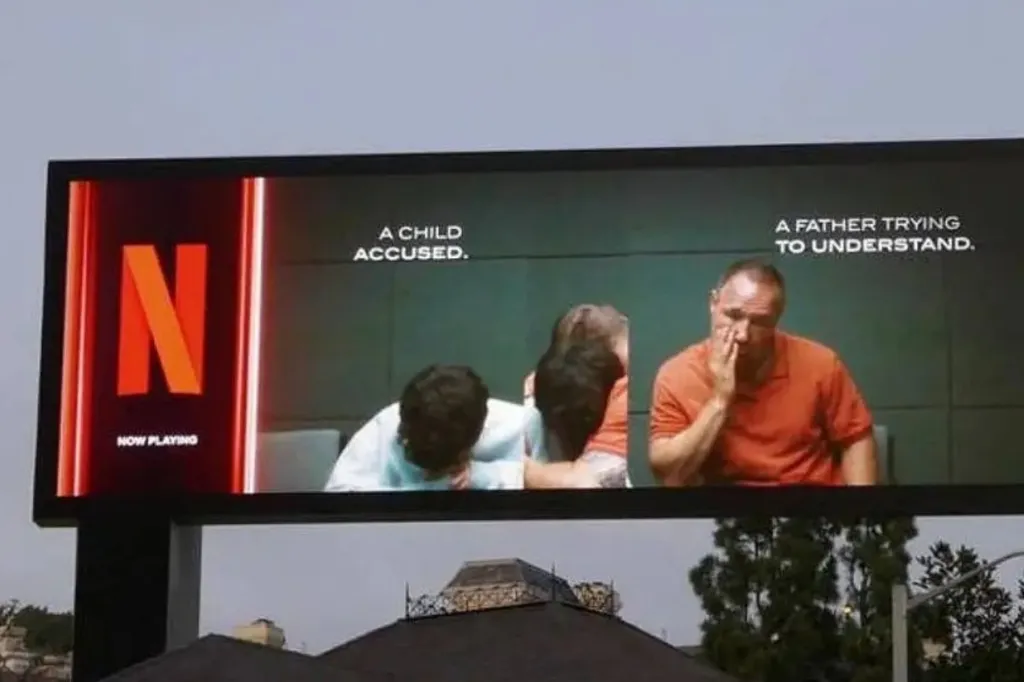Hitler’s favourite filmmaker under the microscope at this year’s German Film Festival
Leni Riefenstahl made films glorifying Hitler and the Nazis – knowing exactly what horrors they had planned – and was an early exponent of fake news, according to a documentary in the upcoming German Film Festival.

Leni Riefenstahl has always been a contentious figure, considering her connections to Hitler and the Nazis.
Undoubtedly a consummate filmmaker who greatly influenced how the Olympics are filmed – such as her slow-motion images of divers and discus throwers in her 1938 documentary Olympia about the 1936 Berlin Summer Olympics – she was also a close friend of Adolf Hitler.
This year’s German Film Festival includes the fascinating Riefenstahl, a documentary by director Andres Veiel, who will be in Australia for some screenings.
The April 30 to May 28 festival will feature 20 superb cinema offerings, including six films direct from the Berlin International Film Festival (Berlinale). There will be compelling biopics and documentaries that delve into the lives of Germany’s most iconic artists, delightful comedies, charming family films and provocative Australian premiere screenings from a bold new generation of German filmmakers.
The Riefenstahl documentary promises to be fascinating and horrifying in equal measure. Leni Riefenstahl’s 1935 documentary, Triumph of the Will, a Hitler-commissioned propaganda film documenting the 1934 Nazi Party Congress in Nuremberg, is an historic piece.
With its grand scenes of soldiers marching in formation as the Führer looked on as a heroic, deified figure – scenes that have been copied by other totalitarian regimes including Putin’s Russia and Kim Jong Un’s North Korea – Triumph of the Will has been recognised as one of the greatest and most notorious propaganda films in history.
During World War II, Frank Capra was also inspired by Riefenstahl with his seven-film series, Why We Fight, which represented the US response to Triumph of the Will.
You might like
Was Riefenstahl aware of the extent of the killings in Hitler’s Final Solution? She always denied it. Riefenstahl attempts to prove that she had more knowledge than she attested to.
The feisty, attractive Riefenstahl, who had first gained fame as an actress, was perhaps playing a part right up until her death in 2003 at the age of 101. She was never a member of the Nazi Party, despite in 1934 telling one interviewer that she was “an enthusiastic National Socialist”. After the war she was found to be a “fellow traveller” and wasn’t charged with war crimes.
The starting point for Riefenstahl was when producer Sandra Maischberger gained access to Riefenstahl’s estate following the death of her partner of 35 years, Horst Kettner, in December 2016.
“We had the chance to look at 700 boxes of material, including 50,000 photos, personal notes and private films,” notes director Andres Veiel at last year’s Venice Film Festival where Riefenstahl premiered. “Step by step we looked deeper into a biography, into the connections of her ideological and aesthetical approach and how she became what she was in the very end, and how she continued sticking to her ideology, even after the war.”
Veiel was not interested in proving her intimate relationship with Hitler.
“There is nothing to discover,” he says. “You know, it’s a legend. But whatever she tells, we can’t prove it. We can’t ask Hitler. We can’t ask her. Rather we wanted to show her responsibility and her guilt, regarding her close relationships with Hitler, Himmler and especially with Goebbels.”
At one point the film notes Riefenstahl’s claim that the latter Nazi propaganda minister tried to rape her.
“She was always telling the story in a different manner,” Veiel explains. “Sometimes in the audio tapes she’s talking about being raped. Certainly, she made little of it in the print version of her memoir, but in the drafts it’s more precisely described. I asked myself why she was changing how she told the story. Sometimes she needed more to be a victim. Sometimes she hated herself being a victim. She wanted to be the strong woman who had control of everything, so she was always reconstructing her biography, depending on her need to strengthen this part or another.”
Subscribe for updates
‘I’m sure she believed in this so-called truth … The same as Trump. That was the role model for me. It’s one of the reasons why I had to make this film’
Did she eventually come to believe her own lies?
“In the beginning, she knew she was lying but, step by step, the lies became truth for her, a new version of her life, and I’m sure she believed in this so-called truth,” Veiel says. “The same as Trump. That was the role model for me. It’s one of the reasons why I had to make this film. I felt the necessity of the present. When we obtained all the footage of the archives of the estate, that was our chance to look deeper into it and to look into a prototype of using, preparing and creating fake news and remaining with it for a whole life story.”
One scene in the film explains how, after the Nazis marched into Poland in late 1939, Riefenstahl, working as the state’s war photographer, gave directions for Jews to be kept out of the image. They were not only removed but killed.
“She wanted to film heroic German soldiers and not the Jews,” Veiel says. “So by taking them out of the image she was a catalyst in the massacre. Her guilt is maybe more than just being a propagandist for the regime, more than just being the witness of a massacre from the beginning of the Holocaust.”
Riefenstahl spent her later years mounting a forceful campaign of defence, appearing on talk shows, writing a 1987 memoir and publishing two photography books on the Nuba tribes of southern Sudan, a project she hoped would lead to her redemption. However, the 1974 best-selling books were harshly criticised by Susan Sontag, who wrote that they were evidence of her adherence to “fascist aesthetics”.
Still, Riefenstahl had her fans, with hallowed critic Pauline Kael calling Triumph of the Will and Olympia “the two greatest films ever directed by a woman”.
“She was always denying. ‘No, I’m just an artist. I do art’,” Veiel notes. “Quentin Tarantino has said many times that she is the greatest film artist ever.”
Riefenstahl managed to dispose of a lot of damaging evidence. Producer Sandra Maischberger says there were big bonfires in front of her house in 1945 and that she had gone through her estate many times destroying parts of it.
“Many people think she made a film in wartime showing the massacres, maybe going to a concentration camp,” Maischberger says “A colleague of mine is sure that she made a film in a concentration camp. Of course, she would not have kept the film because it would not only have put her into jail, but she would have been executed at the time of the Nuremberg trials. Still, I was surprised by how many things she left in the estate in the end.”
The 2025 HSBC German Film Festival runs nationally from April 30 to May 28: May 7-28 at Palace James St and Palace Barracks, Brisbane; and May 7-28 at Palace Nova Eastend Cinemas and Palace Nova Prospect Cinemas, Adelaide. Riefenstahl director Andres Veiel will take part in Q&A events in Sydney, Canberra and Melbourne.
Helen Barlow is a Paris-based Australian freelance journalist and critic. In 2019 she received the La Plume d’Or for her services to French cinema.

